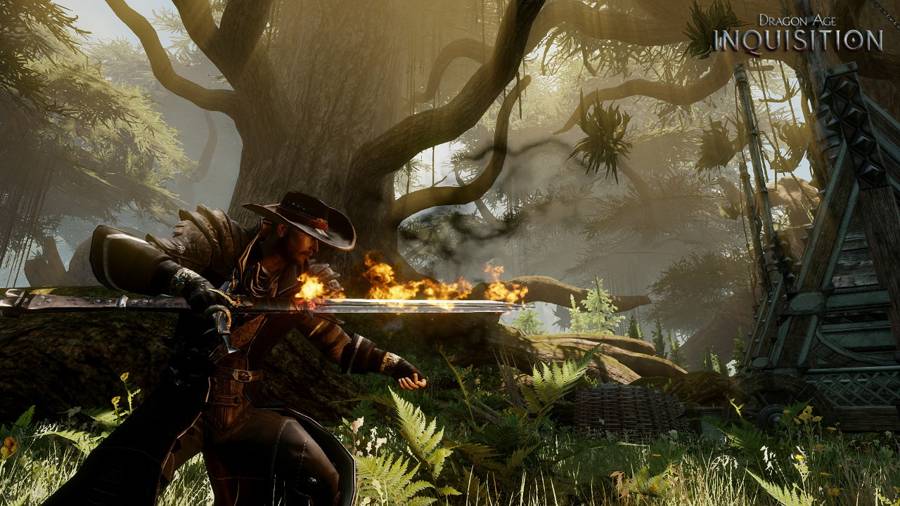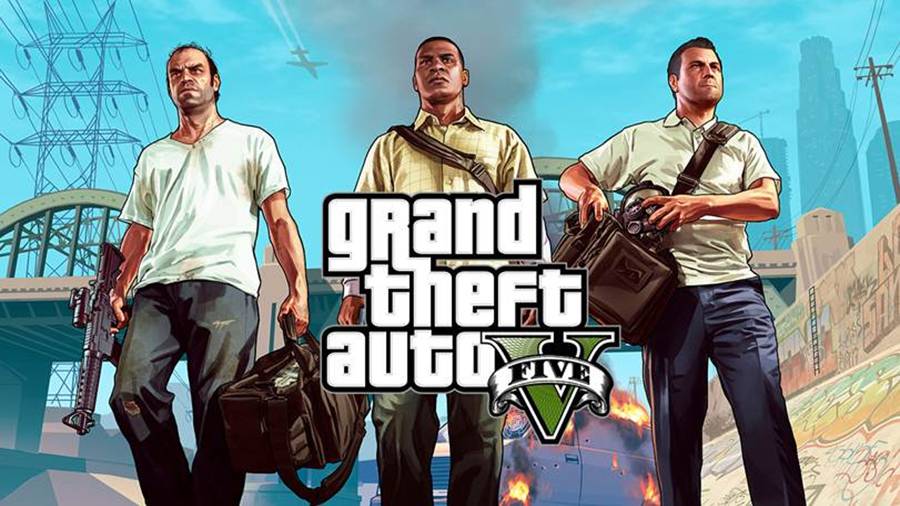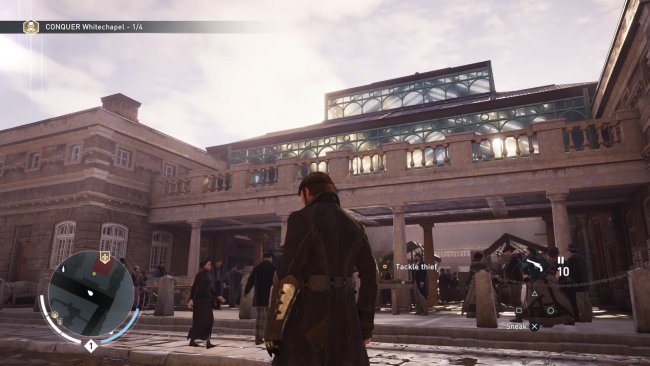

Hitman: Absolution's first appearance at last year's E3 was an undisputed success. IO Interactive's reborn Agent 47 immediately became one of the show's major talking points, and by the end of the week Square Enix's booth was adorned with dozens of nomination placards. And yet despite this warm reception, many fans of the series were left dismayed: it seemed as if IO had quietly snuffed out the open-ended design that had previously defined the franchise, leaving in its place a streamlined action shooter.
To make matters worse, Agent 47 appeared to have turned into a cop-killing murder machine - a slap-headed Jason Bourne, forced to evade a bullet-spewing helicopter on the roof of a gritty apartment block. The demo itself was certainly stylish, but aside from the protagonist's notable lack of hair, it seemed to have little in common with its predecessors.
Last week the game finally reappeared, and this time Square Enix copied the approach it took during the promotion of Deus Ex: Human Revolution – showing two demos of the same level, played in completely different ways. The new footage certainly demonstrates the game's versatility, but is this really the same Agent 47 that we know and love?
Here, with the help of game director Tore Blystad, we compare Hitman Absolution to its predecessors. Bear in mind that some of what follows is conjecture, as Absolution is still in development with no confirmed release date.

The old games: In the past, plot has never been a major component of the Hitman series. Most of the storytelling in each game has been confined to the cutscenes that sandwich each level, with Agent 47's genetic origins regularly cropping up as a narrative ingredient. Arguably the only recurrent supporting character of note is Diana Burnwood, Agent 47's plummy handler, and even she is little more than a voice, most of the time.
Hitman Absolution: Clearly we'll know more when we've played the full game, but for now it seems obvious that storytelling will play a bigger role in proceedings. Indeed, given the new focus on cinematic trappings, you could argue that it's the biggest single force behind the game's new directions.
From what little we know of Absolution's setup, Agent 47 appears to be on the run in the USA; at the very least, he's operating without any assistance from the International Contract Agency, who previously employed him. There's a recurrent villain in the story – a weapons manufacturer named Blake Dexter, voiced by Keith Carradine. Dexter somewhat resembles M Emmet Walsh in Blood Simple, and comes across as a cowboy bully type. Dexter is looking for a young girl named Victoria, and has hired the services of a contract killer named Wade – who looks suspiciously like Lynch, the eponymous star of IO's other psychotic series.
"The very high level story is the one that everyone sees," says game director Tor Blystad. "It'll be between levels and in places you wouldn't naturally need to plan. Everything else we've tried to cram in so that you can interact with it. You can ruin the setups, do whatever you want with the characters.
"That's always been the problem with the Hitman games – the player can kill everyone in the scene! If you have a main character in there, what do you do? After one second he's killed, and all your big drama disappears."
Finally, note that Absolution will have a far darker tone than its immediate predecessor, Hitman: Blood Money. The most recent demo opens with the violent murder of a nun at the hands of one of Wade's thugs, and later 47 eavesdrops as a security guard is tortured. The bleak approach is also reflected in the shadowy art style, which immediately contrasts with the bright aesthetics of past games – particularly the second and fourth in the series.



